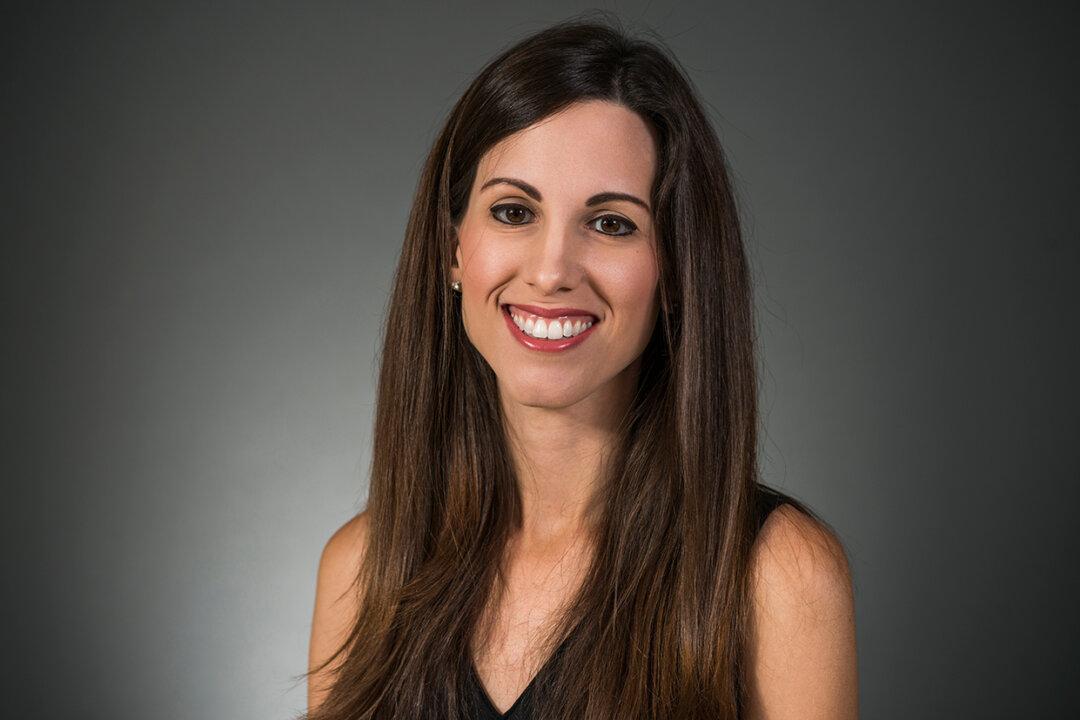A Rhode Island mother has filed a lawsuit against her local school district’s taxpayer-funded Black, Indigenous, and People of Color (BIPOC) Committee for barring her from attending its meetings.
Nicole Solas, a mother of two and a senior fellow with the conservative Independent Women’s Forum, is also the subject of pending litigation brought against her by the National Education Association Rhode Island (NEARI), the state’s largest teachers union.




